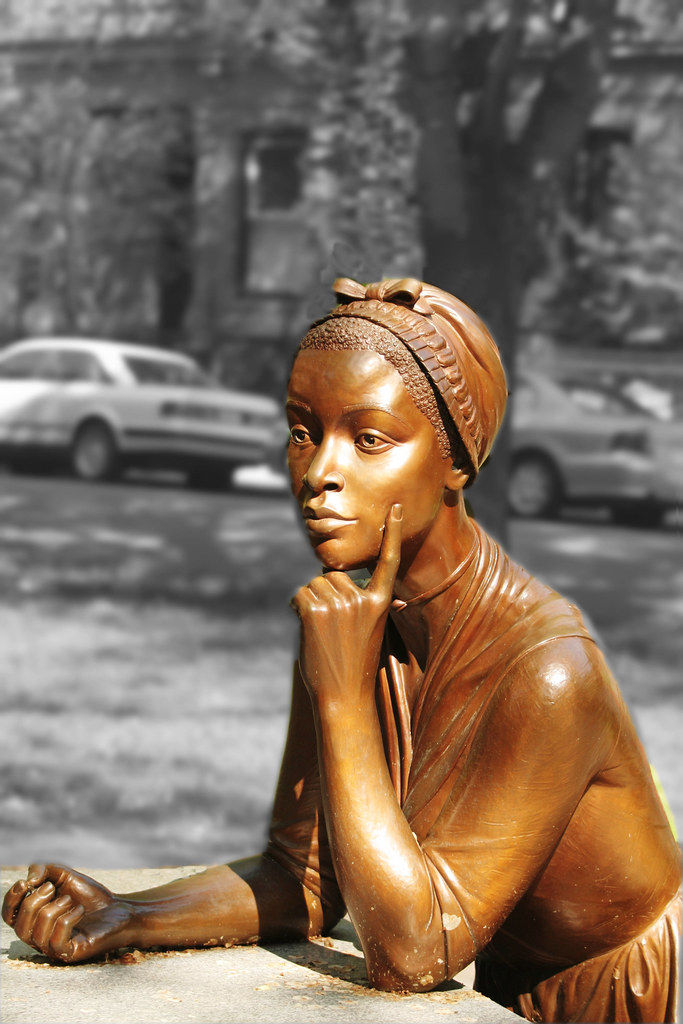Writing for Justice
- Jeanice Sherai

- Feb 24, 2023
- 2 min read
"But how, presumptuous shall we hope to find Divine acceptance with th'Almighty mind- While yet (O deed ungenerous!) they disgrace and hold in bondage Afric's blameless race?" - Phillis Wheatley

Phillis Wheatley lived to be 31 years old. She was born in 1753 and passed in 1784. To the modern day, it seems that her life was shortened tremendously, but what cannot be denied is that in those 31 short years, Phillis Wheatley endured so much. Two hundred and sixty-two years ago this July, a girl captured somewhere between Gambia and Ghana stepped off the Phillis, a slave ship, and onto the docks of Boston Harbor. History writes that she was about seven years old at the time, and this was guessed because she was losing her baby teeth. As I write this historical story about a woman who didn't get to experience her youth due to selfishness, tyranny, and slavery, hearing that she was just a baby and thinking about the fear that may have been within her as she crossed unfamiliar waters to a strange place, seeing God knows what along the way, is simply heartbreaking.

It is said that as Phillis walked onto American soil, she was wrapped in nothing more than "a quantity of dirty carpet" and was taken immediately to the city's slave market, where Mrs. Susanna Wheatley, the wife of a wealthy Boston merchant was in search of a faithful servant for her old age. This gap-toothed girl wrapped in dirty carpet would become a world-renowned international literary celebrity. This is proof that what the enemy meant for evil, God would surely turn around for good. Eventually, that is...

By the age of twelve, Phillis had written a four-line poem recently discovered and published in a new edition of, "The Writings of Phillis Wheatley" from Oxford University Press. Around fifteen, she wrote, "On Being Brought from Africa to America," the most published poem that also received her the most criticism. Her writings were initially misunderstood b many until they kept reading and realized that they were meant to bring attention to injustice and fight for justice for her people. Phillis Wheatley was writing for justice. In 1772, she was attested by thinkers and politicians in Boston to be indeed capable of poetry.

At the age of twenty, Phillis traveled to London under the supervision of her mistress's son to publish, "Poems on Various Subjects, Religious and Moral." On October 18, 1773, Phillis Wheatley was freed, allowing her to become more vocal in expressing her antislavery views. Phillis wrote many poems, but she never documented her own life. I guess her poetry and her writing for justice, were the legacy she wanted to be told concerning the life she lived. A life that was well lived and still honored today.






Comments